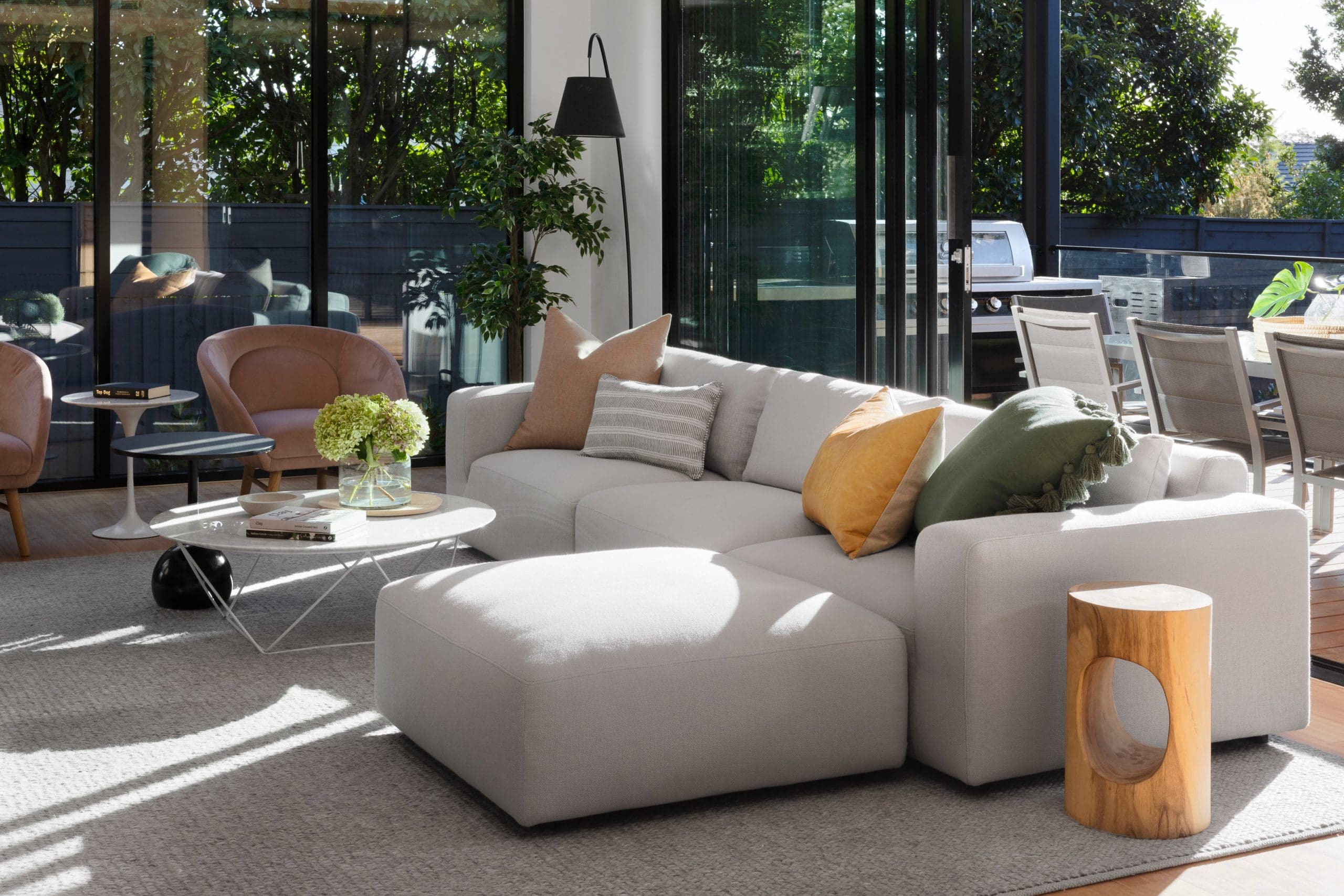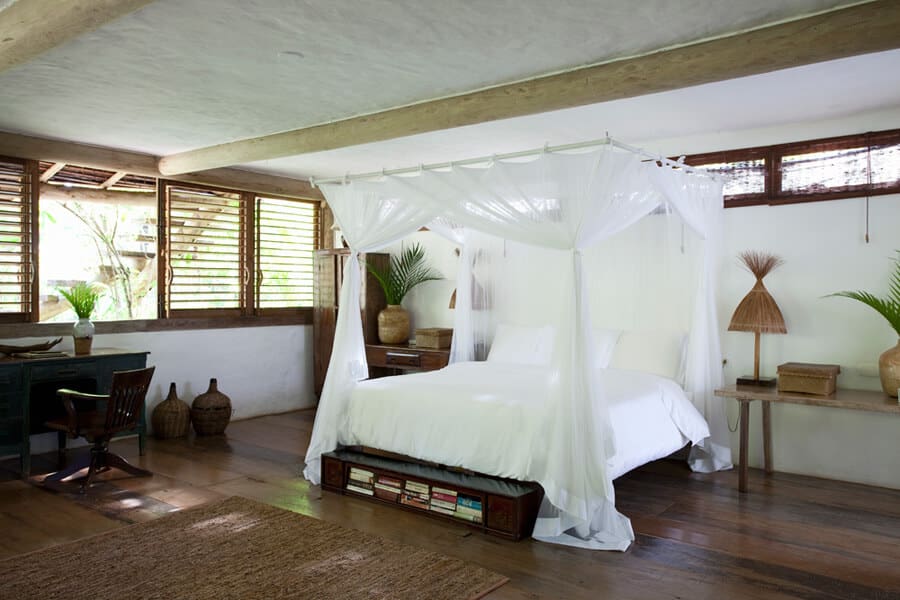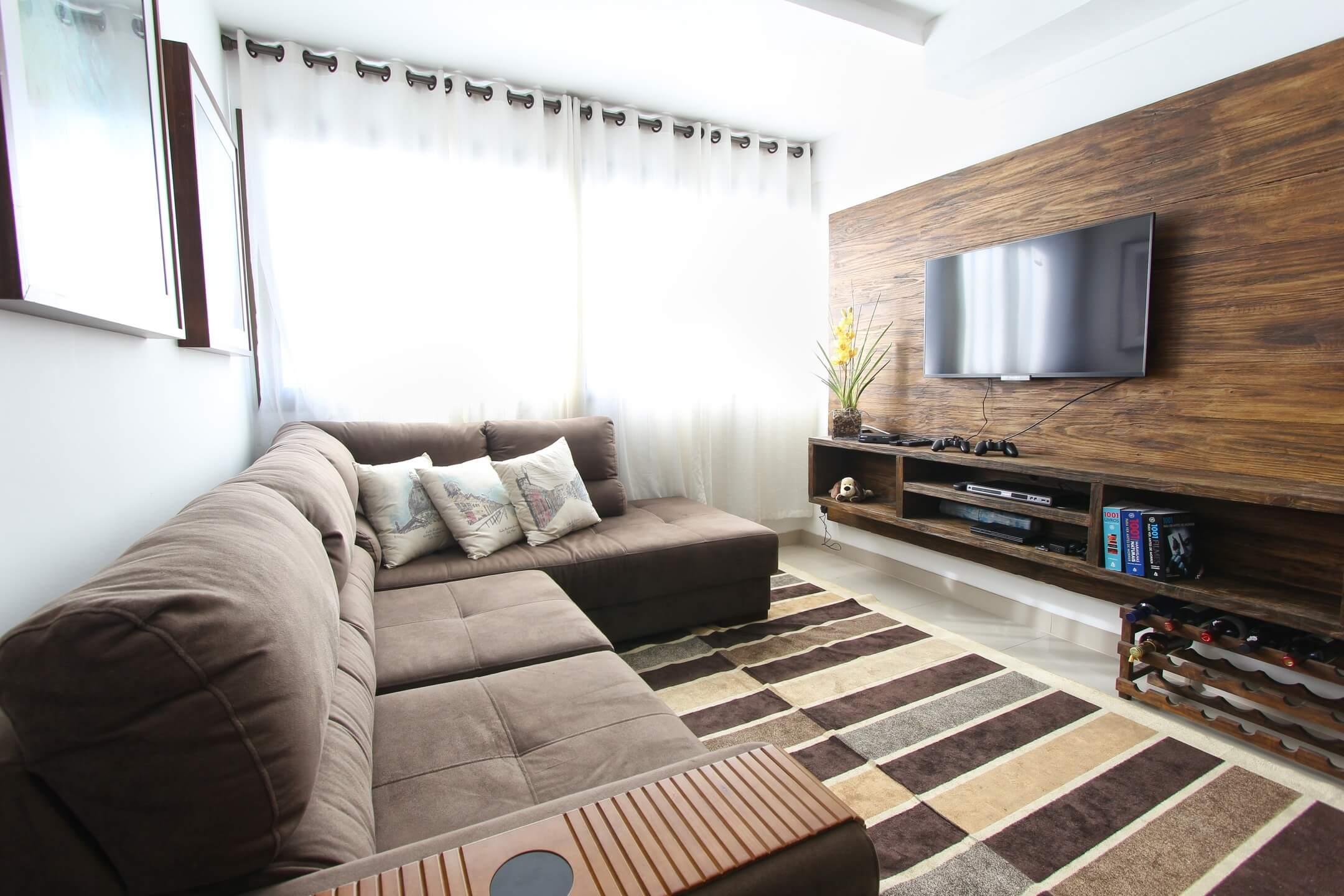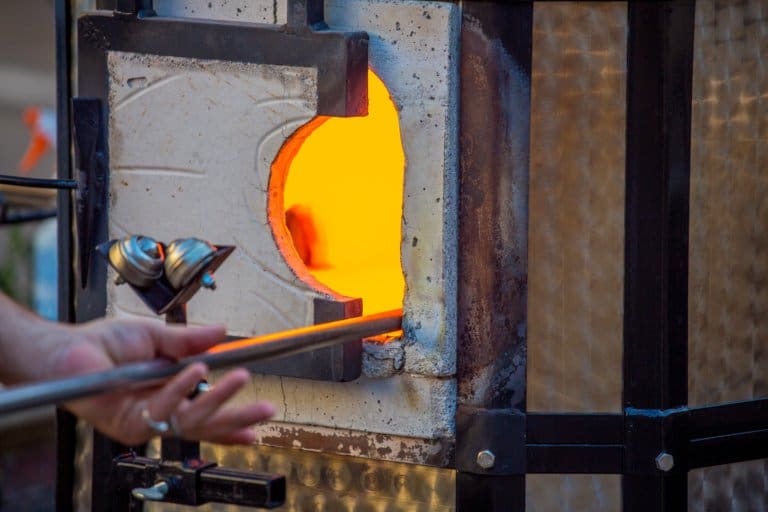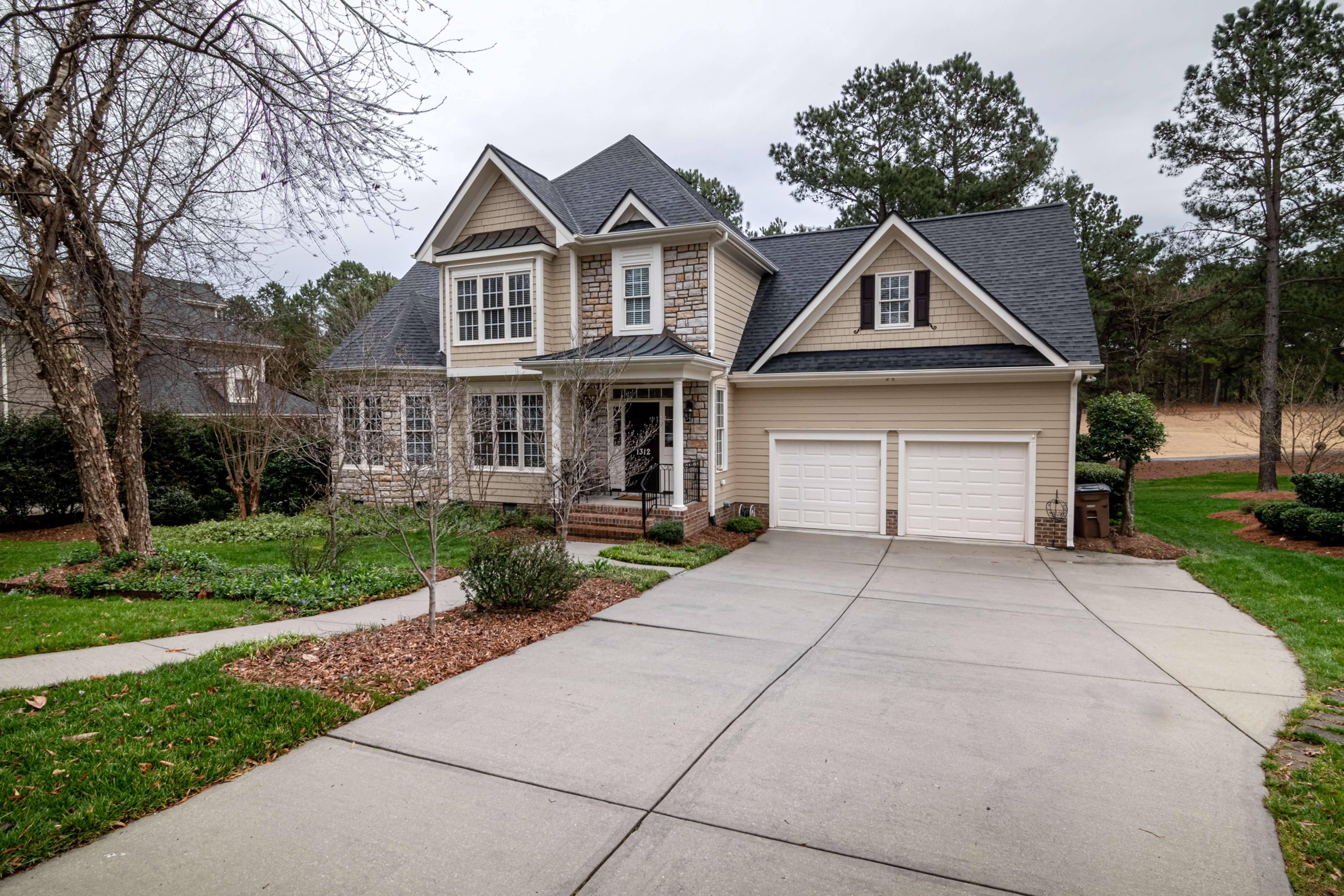The article is developed in partnership with BetterHelp.
Photo by R ARCHITECTURE on Unsplash
Do you have a passion for interior design and an eye for pairing colors, patterns, and shapes? Perhaps a career in the field is right for you! Below, we’ve included brief descriptions of five different jobs in the interior design industry. They generally require a Bachelor’s degree and education in areas like interior design, drawing, and computer-aided design (CAD). Please take a look at each of the career paths below and see if they match your skills and interests! For more career advice, click here.

- Corporate Designer
A corporate designer creates the interior design for professional workplaces such as large-scale corporations and small offices. This career path requires a focus on functionality, efficiency, and safety. To become a corporate designer, you’ll usually need a Bachelor’s degree in any field, plus certifications in interior design, drawing, and computer-aided design. Depending on the state you want to work in, you may also need to be licensed.
- Healthcare Designer
Healthcare designers work in locations like doctors’ offices, hospitals, clinics, healthcare centers, and residential care facilities. Rather than focusing solely on design, as is sometimes the case with home interior design careers, healthcare designers use a process based on evidence and research to make design decisions. This way, they achieve the best outcomes possible for the facility, patients, and residents. Similar to corporate designers, you’ll need a Bachelor’s degree and education in drawing, computer-aided design, and interior design to be a healthcare designer.

- Sustainable Designer
Are you interested in sustainability and making eco-friendly choices? Then a career as a sustainable designer may be an excellent choice for you. Sustainable designers focus on improving indoor air quality as well as energy and water efficiency within a space. They also select environmentally-friendly products like cork and bamboo for flooring, furniture, and other design components. While the majority of interior design careers require a Bachelor’s degree and education in various areas, sustainable designers typically need to be certified through the U.S. Green Building Council as well. The certification is called LEED, short for Leadership in Energy and Environmental Design, and it requires expertise in designing spaces using sustainable practices.
- Kitchen and Bath Designer
Kitchen and bath design isn’t just about choosing beautiful flooring and an eye-catching backsplash. Instead, kitchen and bath designers have specialized knowledge in several areas, including electrical solutions, plumbing, appliances, fixtures, and cabinets. In bathrooms and kitchens, electricity and plumbing are vital parts of the design because these rooms must be functional. A good kitchen and bath designer ensures the rooms aren’t just functional, however, but also visually appealing.

- Universal Designer
If you’re passionate about accessibility, then a career as a universal designer will help you make spaces more accessible to everyone. The primary responsibility of a universal designer is to renovate spaces in order to maximize their accessibility. In many cases, projects will focus on improving accessibility for people with special needs and the elderly. This may mean using ramps instead of stairs, ensuring wide doorways so that wheelchairs can easily fit through, and adding grab bars to areas like showers. Of course, this is just the tip of the iceberg, and there are many other design choices you can make to ensure accessibility!
A Final Word
Choosing to enter the interior design industry can be a fantastic choice! In general, interior designers make a median income of around $50,000 per year. Regardless of the type of interior designer you wish to become, some of your daily tasks may include reading blueprints, sketching design plans, making choices that match the client’s goals and requirements, and selecting flooring, furniture, and decorative items. We wish you all the best with your interior design career!

